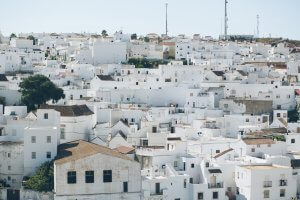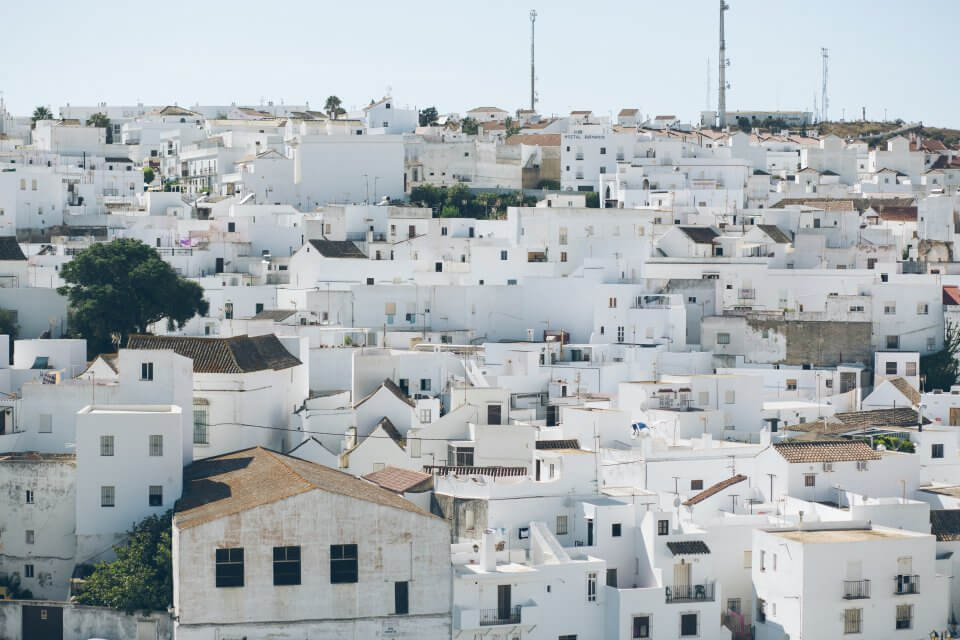Albert Camus once described a nationalist as someone who loves their country too much.
I recently wrote a small reflection on Catalonia based on my experiences of living in Barcelona for more than ten years. This reflection was not – contrary to what some might think – motivated by a certain political position. I think all political positions are legal, but not all are equally reasonable.
Instead, I wrote it because I am professionally interested in how a group of people finds ways to feel superior to another group of people. It happens everywhere, not just in politics, not just in Spain. This, for me, is the lowest part of what makes us human: the need to discriminate, to find someone else to put down.
It’s a tendency practiced by Catalan separatists – not by all Catalans as such. That is to say – with emphasis – Catalonia does not have a problem with Spain, but some people in Catalonia do.
The Catalan separatists or nationalists, however, are not alone. There exist at least two extreme groups in Spain. On one side, you have the Catalan separatists, who see themselves as victims superior to the rest of Spain. They operate with one logic: regardless of the problem, it’s always Spain’s fault, and independence is always the solution.
Such logic is convenient because it hinders any kind of critical self-reflection.
One the other side, the extremists are Spanish nationalists, who use more or less the same rhetorical strategy: an emotional, almost sentimental tone, self-victimization, and self-righteousness.
In between the two extremes exist many critical, nuanced, reflective voices full of compassion and respect. They exist in Catalonia and the rest of Spain. Unfortunately, many journalists tend to focus on the drama of the extremes – perhaps myself included in my previous opinion.
During my stay in Spain, I have travelled around this beautiful country and spoken with people in different cities, such as Santiago Compostela, Vigo, Girona, Valencia, Sevilla, Cordoba, Granada, and Madrid, and many small pueblos. I’ve seen the flourishing of ecological and feminist awareness. I’ve seen willingness to explore and reconcile with the country’s past.
Travelling around Spain, I have met people who are proud of the divergence and plurality of customs, languages, and cultures in their country. They are proud of being part of something richer than their own region. It’s something rather special. It recalls what French philosopher Gilles Deleuze aimed at when he spoke about how we can maintain our singularity and still be part of something bigger: not by reducing these differences, not by becoming the same, but by nurturing our differences with respect for others’ differences. There is something generous in this approach.

A possible road away from these two extremes might be to implement teaching of philosophy and critical thinking in public schools. Educate empathic, kind, critical citizens who respect different opinions but always question from where they emerge, while appealing to the good in your opponent’s human qualities. Make sure that future citizens have both the knowledge and the courage to use their minds. Today, many people tend to only listen to opinions that suit their own beliefs.
Another important element is to cultivate a more critical journalism that avoids being seduced by the populistic rhetoric of the Catalan separatist as well as the Spanish nationalist. Instead, journalists can try to unfold the plural voices guided not by resentment but by curiosity and compassion. Critical journalism can help us reflect by asking the right questions, not by giving solutions. Consensus never guarantees truth; instead, what I aim at is a pluralism that unfolds any given situation in various perspectives. Critical journalists can emphasize that being against Spain per se (or any other group of people) is literally being against everyone and everything but yourself. It’s discrimination. It’s narcissism even.
‘The problem is the big, fat ego,’ as the philosopher Iris Murdoch once said. Or, as I would put it: holders of all extreme positions are, by definition, either too lazy to think or too ignorant to do so!
I’ve seen all kinds of people living here, all forms of life. Spain is not a perfect democracy (if such a thing even exists), but between the two extremes, a generous and kind people emerges. They are the reason why I live here.
Finn Janning, PhD, is a writer and philosopher.
If you’d like to contribute to our ‘Opinion, Blogs & Spanish Experiences’ section, please email us: editorial@spainenglish.com. We’d love to hear from you.


